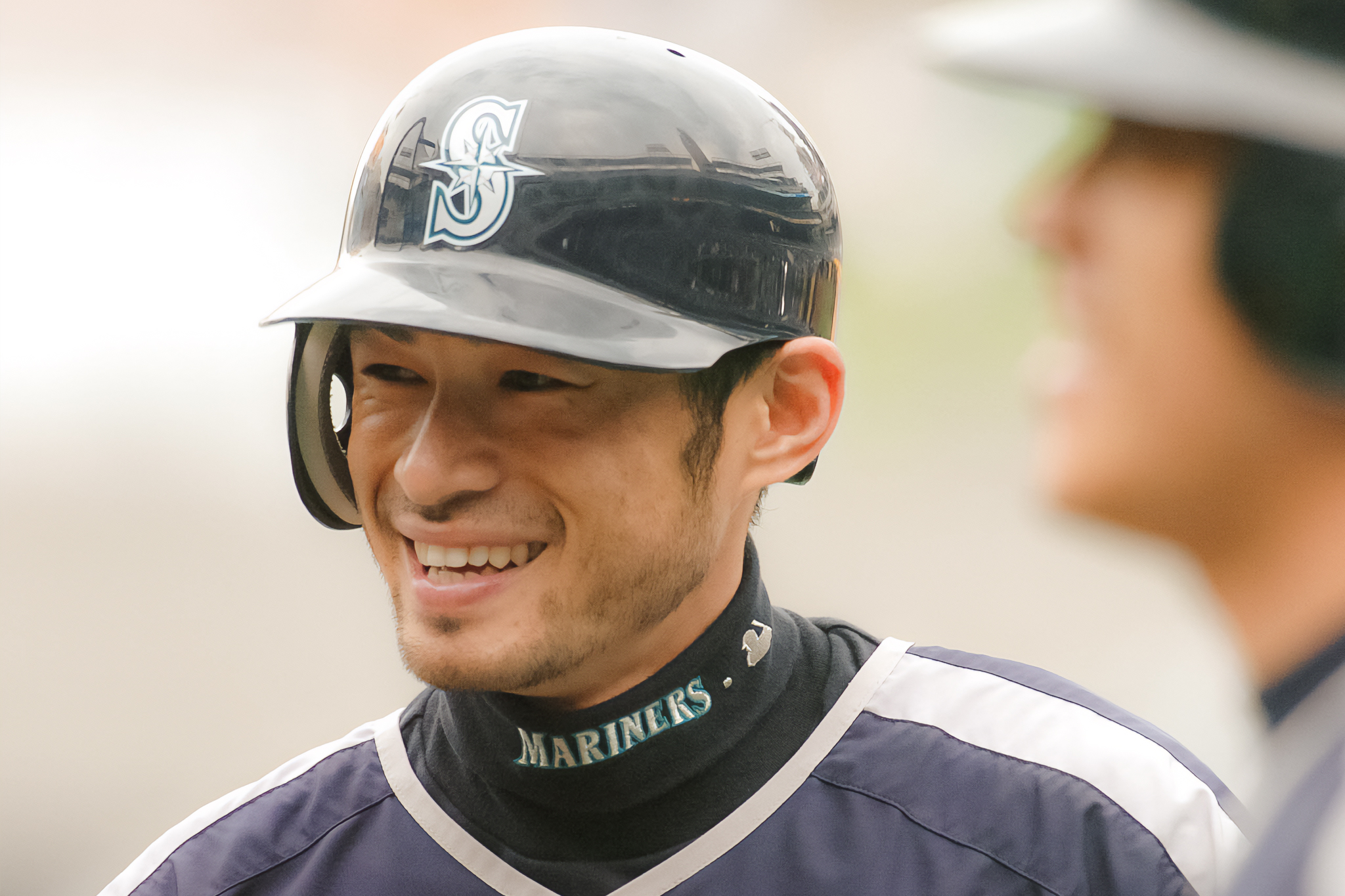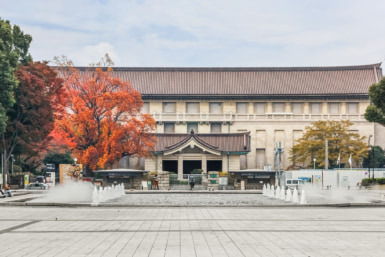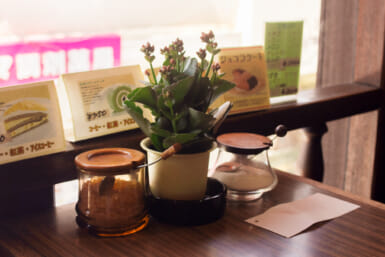Ichiro Suzuki celebrates his 50th birthday today, so in his honor, we’re focusing on his life and career for our latest List of 7 article. Shohei Ohtani may be the Japanese name on everyone’s lips these days, but for the first two decades of the 21st century, the man known mononymously as Ichiro was considered this country’s most iconic sporting figure. A 10-time All-Star, who broke too many records to mention, he treated his bats like delicate instruments and had a vigorous exercise routine that became legendary. A superstar that played the game like no other, here we look at some things you may or may not know about the great Ichiro Suzuki.
Ichiro described practice with his father as ‘close to abuse’
Ichiro’s father, Nobuyuki Suzuki, a former high school pitcher, bought his son his first glove at the age of 3. They often played catch together, though, as Ichiro got older, the sessions became more intense. In his autobiography, Suzuki recalled a time when his son didn’t want to train, so he fired balls at him. Ichiro simply plucked them out of the air. Suzuki said the regime was tough but they both enjoyed it. Robert Whiting, who was interviewed by Tokyo Weekender in 2021, asked Ichiro about it. “He said he’s a liar,” recalled Whiting. “That was the only time in the interview he used English…. He described practice as ‘gyakutai ni chikai’ — close to abuse.”

Michael Jordan
Meeting Michael Jordan left him starstruck
By the mid-1990s, Ichiro was already a star name in Japan and was described by the media here as a “hit manufacturing machine.” In the States, though, he was unknown as he flew out to meet his hero, Michael Jordan, for the first time in 1995. Clearly flustered, he nervously laughed his way through their encounter. Asked by Jordan if he planned to play in the Majors, the Japanese man replied, “Once my arm is three times the size, like yours.” Seven years later, Ichiro attended a Washington Wizards spring training match and was spotted by the basketball legend. “Michael Jordan, during the game, looked up at me and said, ‘hey, what’s up, Ichiroooo,’” Suzuki said. “That was a great moment.”
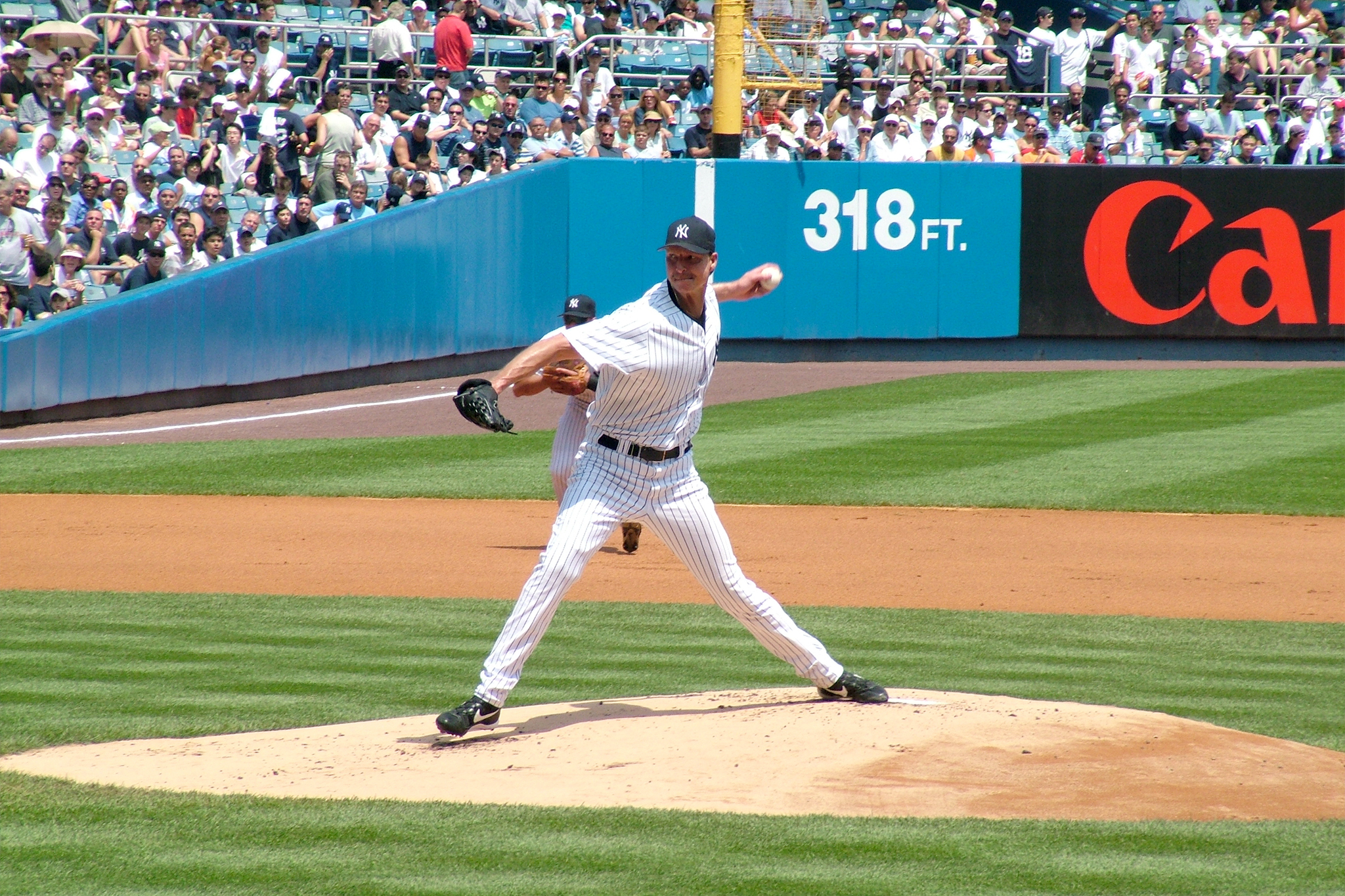
Randy Johnson
He promised Randy Johnson he wouldn’t bring shame to his jersey
Ichiro’s second encounter with Jordan came a year after he moved to the States. The former Orix BlueWave batter joined the Seattle Mariners in 2001, where he was handed the number 51 jersey. This had previously been worn by 6ft 10in pitching great Randy Johnson. Ichiro decided to send the man nicknamed “the Big Unit” a note promising not to bring shame to the iconic jersey. There was never any chance of that happening, though. In his debut season in the Majors, Ichiro became the first player since Jackie Robinson in 1949 to top both the batting average (.350) and stolen bases (56) categories. Fittingly, Johnson was the pitcher for the Japanese batter’s first ever hit in an MLB All-Star game.
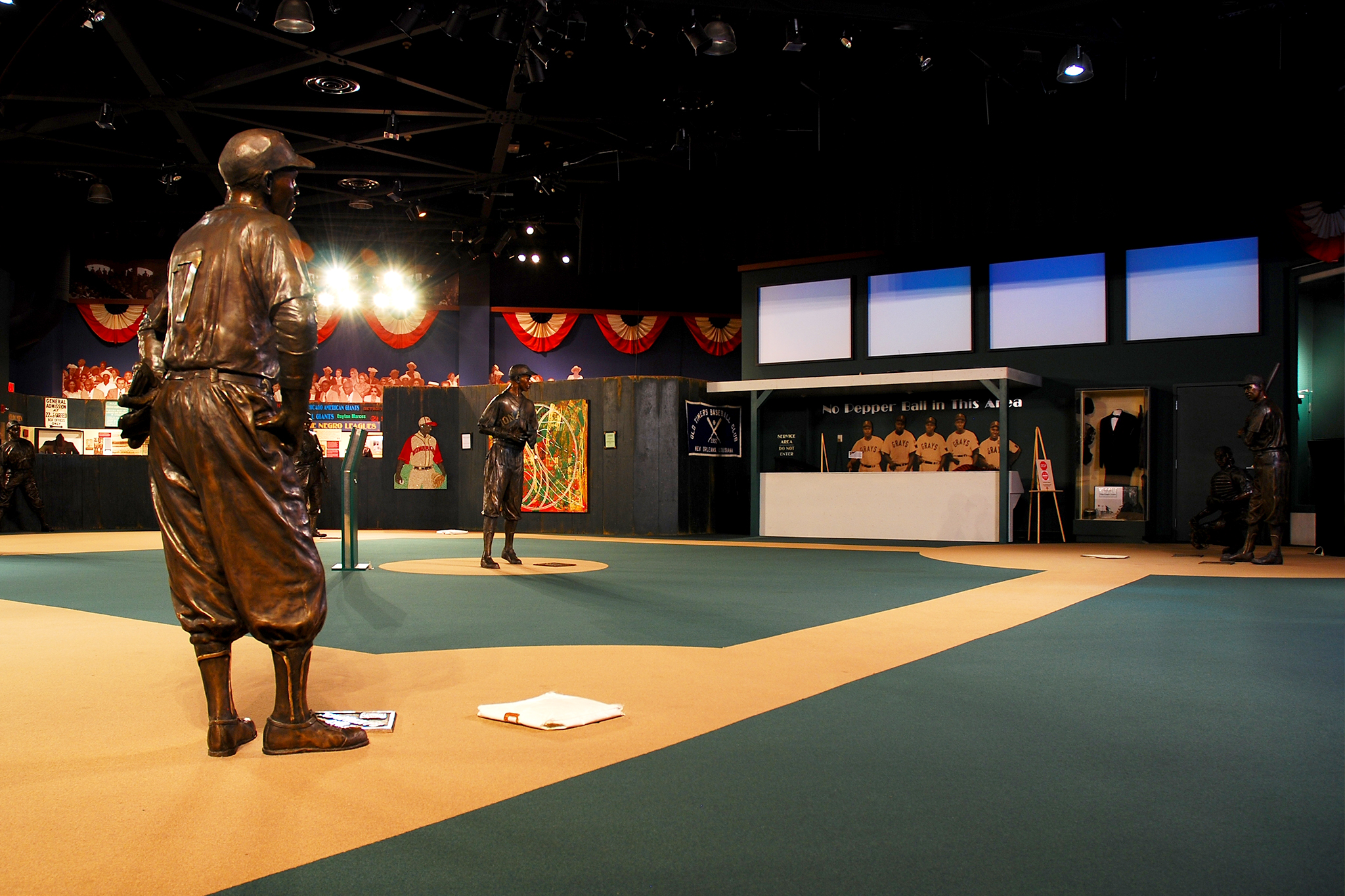
Negro Leagues Baseball Museum
His Donation to the Negro Leagues Baseball Museum was the largest ever from an active player
Ichiro was a student of the game and deeply respected those that came before him. After breaking George Sisler’s 84-year-old single-season hit record, he reached out to the family of the legendary first baseman and, years later, visited his grave. He also sent a huge bouquet of flowers following the death of Buck O’Neil. To honor the first African American coach in the Majors, he then wrote out a check to the Negro Leagues Baseball Museum. According to the museum president Bob Kendrick, it was the largest ever donation from an active player. “They were two kindred spirits bonded by the great game of baseball,” said Kendrick. In 2011, Ichiro also donated ¥100 million to the Japanese Red Cross after the earthquake and tsunami in Tohoku.
He learned Spanish so he could cuss opposition players
Despite conducting all his interviews through an interpreter, Ichiro is known to speak English well and reportedly used to deliver expletive speeches for the American League team prior to All-Star games. Swearing was something he seemed to enjoy as a player, and he even learned some Spanish so he could cuss opposition players. This included Carlos Peña when the Mariners played the Tampa Bay Rays. Reaching first-base, he turned to Peña and uttered the words “Que coño tu mira?” (“What the hell are you looking at?”). The Dominican had to hold in his laughter. “We don’t really have curse words in Japanese, so I like the fact that the Western languages allow me to say things that I otherwise can’t,” said Ichiro.
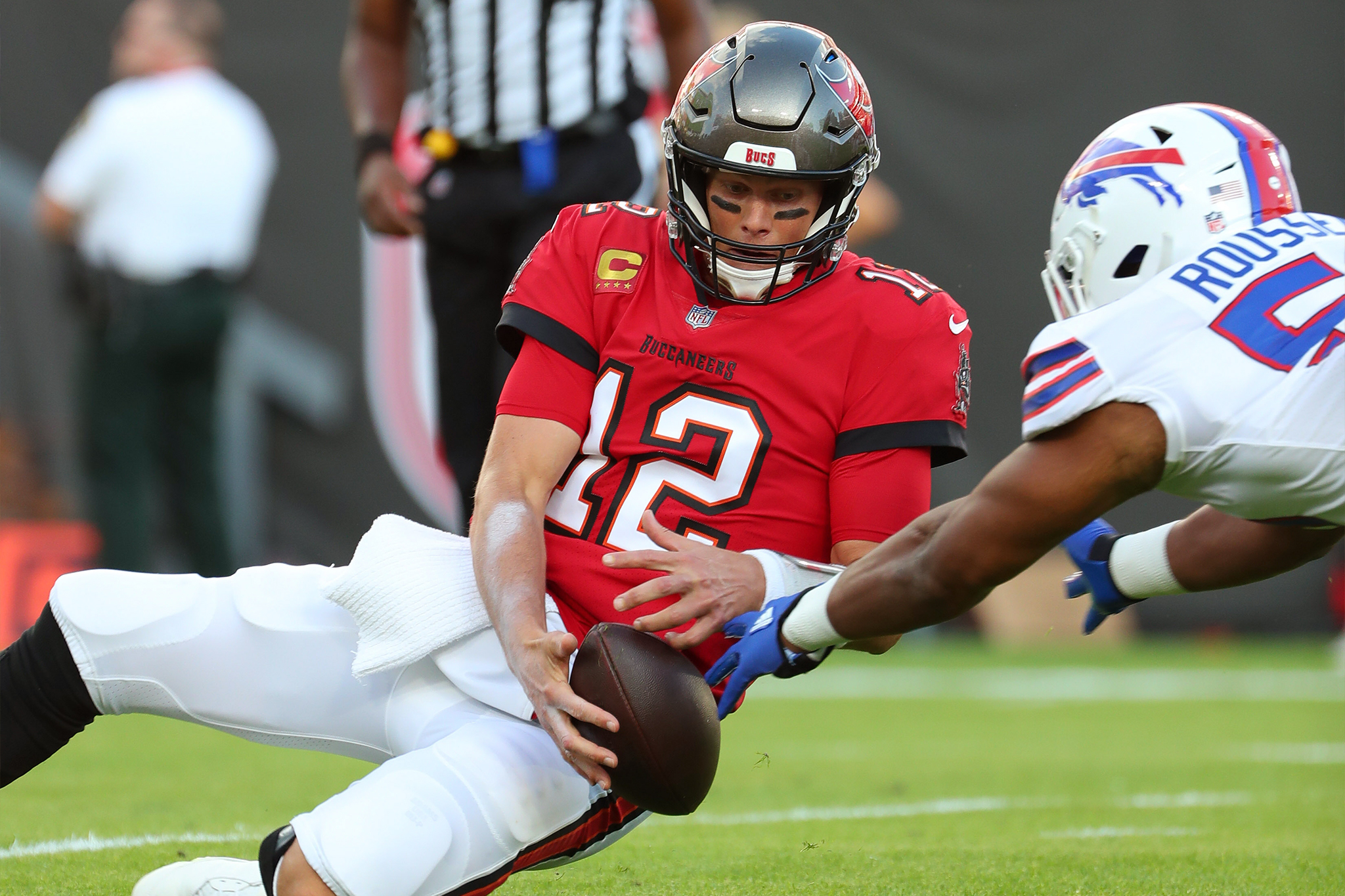
Tom Brady
He had no idea who Tom Brady was
Or at least he said he didn’t anyway. According to a story by Peter Gammons in The Athletic, Ichiro received a text message from a number he didn’t recognize during spring training in 2017. “The guy said he’d gotten Ichiro’s number from Alex Rodriguez, and that he wanted to come meet him and study his stretching system,” wrote Gammons. “‘What’s the guy’s name?’ asked one of the coaches. ‘Ichiro strolled to the end of the text. ‘Some guy named Tom Brady. Who the fuck is Tom Brady?’” Of course, he could have been joking. It’s hard to imagine there being many people in the States who don’t know the man widely regarded as the greatest quarterback of all time.
He was a serial record collector
After 28 seasons as a professional, Ichiro, then aged 45, finally retired in March 2019, playing his final game for the Mariners in front of an emotional crowd at the Tokyo Dome. He finished his career with 4,367 hits, more than any other player in history at the top level of baseball. Over 3,000 of those hits came in the Majors. The debate rages on as to how close he would have gotten to Pete Rose’s MLB record had he started out in the States. Other notable Ichiro records include his 262 hits in 2004, the most in a single MLB campaign, and his 10 consecutive seasons hitting 200 or more runs. The first and still only Major Leaguer to do so.
Related Posts
- Shohei Ohtani Announces Marriage
- Yui Hasegawa Discusses Women’s Soccer on the Global Field
- Daiki Hashimoto: Introducing Japan’s Best Medal Prospects for Paris 2024
Updated On March 29, 2024

